Question for Our Hotel Marketing Expert Panel
With travellers spending increased amounts of time consuming online content, how can hotels leverage VR (virtual reality) technology to capture their attention?
Industry Expert Panel
Our Industry Expert Panel exists out of professionals within the hospitality & travel Industry. They have comprehensive and detailed knowledge, experience in practice or management and are forward-thinking. They are answering questions about the state of the industry. They share their insights on topics like revenue management, marketing, operations, technology and discuss the latest trends.
Our Marketing Expert Panel
- Reshan Jayamanne – Digital Marketing & Sales Strategist, Bnb Optimized
- Susanne Williams – Performance and Revenue Director, Journey Hospitality
- Andrew Kavanagh – Group Sales and Marketing Manager, FBD Hotels & Resorts
- Jolien Alferink – Hotel Marketing Consultant, Orange Hotel Marketing
- Amy Draheim – Owner, ABD Creative
- Moriya Rockmani – Chief of Marketing, Smiling House Luxury Global
- Alessandro Inversini – Associate Professor of Marketing and Director of the Institute of Customer Experience Management, Ecole hôtelière de Lausanne
- Jacopo Focaroli – CEO & Founder, The Host
- Daphne Beers – Owner, Your-Q Hospitality Academy
- Natasha Robertson – Independent Consultant, Ecole hôtelière de Lausanne
- Linda Bekoe – CEO, APLBC
- Sarah Dandashy – Travel & Hospitality Expert, Ask A Concierge
- Grazia Dell’Aquila – Hospitality Consultant, IAMGRAZIA
- Ask Our Panel a Question
- Join Our Expert Panel
“I have seen some hotels using VR as a method to give guests a “walk through at home” experience. I believe this is a powerful way to experience a hotel virtually before committing and seeing it in person. If you are able to capture VR content to better serve your guests (especially skeptical guests), it may be worth investing in.
However, I don’t think it will be what truly makes a decision for someone to book at your hotel, resort or private residence. Don’t get me wrong, it’s extremely powerful, but I won’t tell you to go and do it tomorrow because there are other factors that need more attention before committing a lump sum marketing budget to a VR experience that your ideal target market won’t see.”
“Hospitality does love technology. It is a very attractive concept and can be used superbly to showcase your different propositions. Virtual reality tours for weddings, events and conferences should be considered as standard in 2021. Qualifying leads is a costly business so a Virtual Reality tour and some well-timed questions can reduce that cost. It should be a superb sales tool.
For the more innovative, tech-focused hotels, adopting Hybrid events, VR platforms to host meetings and networking are more immersive experiences and should be firmly on your marketing agenda. As VR popularity grows, consider how you can create a competitor-busting VR strategy, with sound, vision and all the senses. Luxury resorts and safaris could showcase an experience.”
“Firstly, hotels need to understand the types of guests that stay with them. I would usually recommend putting together a series of market personas to understand, in detail, the needs and wants of those guests. Then, you can start to learn how a sophisticated (but for some people, intimidating) piece of technology could be useful to them, which in turn can benefit the hotel.
It’s a case of bringing together those guests’ needs and wants with the types of software and capabilities that VR technology might provide; the goal being to generate revenue opportunities for the hotel, either directly (such as ancillary spend) or indirectly, by providing a popular, exclusive amenity that they will want to return for time and time again.
Capturing their attention further could involve offering a VR experience at the hotel, either in-room or in a popular area of the property with high footfall. Examples could include anything from a gaming concept to shopping or even experiencing a future development at the hotel. The important thing is that the system and its concept has to complement a hotel’s own brand identity.”
“If we look at the type of content that travellers interact with, it’s predominantly the visuals such as videos that attract the most attention and create engagement. Travel is all about experiences and there’s no better way to sell it than ‘showing’ it. While images and videos are fully content-driven by hotels, interactive virtual reality adds an extra dimension as it offers users the chance to take control and experience it the way they want it.
We see many opportunities here, especially for the MICE business. It would be a much more efficient process to experience 5 potential wedding venues with virtual reality and then pick 1-2 to visit for a live inspection, rather than going to all 5.”
“Hotels are notorious for being a little behind the curve when it comes to technology, so I’d be wary of talking “VR” right now. However, hotels can leverage social media channels like TikTok and IG Lives to share virtual experiences in real-time without relying too much on technology that’s still relatively expensive and over their heads.
Start with an Instagram Live recording of sunrise or sunset at your property. Spend a little time crafting short-form video content for Instagram Reels and TikTok, that places your prospective guests into the action better than static imagery can (call it a low-tech Virtual Reality experience if you’d like), and enlist vetted influencers to share your story with followers who are longing to get back out into the world.”
“We are using 3D tours which are especially useful in cases where clients need to decide on an expensive property, but they cannot visit it before booking.
Virtual tours are even more important in luxury vacation rentals, because unlike a hotel room that can be described with 3 pictures and an outline of the dimensions, an entire property has many more angles and spaces and dedicated private amenities.
To get the full overview of a large property, and to match it to the needs of a big group seeking a luxury home rental, this tool is very helpful in increasing the chances of a booking with confidence.”
“Virtual Reality is a very interesting topic. However, there is – in my opinion – a misconception around it. VR can be used as an anticipation tool: in this case the anticipation should be about the destination rather than about the hotel. If the hotel is a destination, i.e., with attractions within, then the hotel can use virtual reality to showcase what it has to offer.
But for me this is the only case. In the worst case scenario, VR can be used as a substitute for an actual holiday… a sort of travelling without actually leaving your place…. but I think we are far from this -SAD- ‘reality’.”
“Virtual Reality technology stimulates the guest senses, giving them a taste of “how it would be if only you were here”, creating a sense of “FOMO” (fear of missing out) and it’s certainly a trigger. We are all waiting to feel safe again and preparing to go out, move and travel. A virtual tour of our hotel, our open doors and our loyal staff generates an immediate sense of trust.
This not only creates value, but it also improves guest perceptions of us – i.e., it shows that we are completely transparent, there’s nothing to hide and guests know what to expect.”
“Give your guests a Virtual Reality experience of what their stay could look like at your property. This could be a really good opportunity to upsell what you have to offer. For example, a tour of the grounds, an introduction in the local neighbourhood, a virtual show around of the hotel, etc.
Perhaps even a product launch or an experience that they may not be able to afford / access in real life.”
“Virtual reality technology is a wonderful way to introduce your guests to the holiday experience. I believe that a large part of the pleasure of a vacation is the anticipation itself. The possibilities to fuel guest expectations and fantasies are huge, both at the research stage and also once clients have converted their hunger for images and video.
They want to see as much as they can and look again and again before they book and also in the lead up to arrival. VR can really help build the excitement for guests.”
“I have seen some very good uses of VR in the last few weeks. Hotels have used VR to show their meeting rooms as well as venue spaces. In this current climate it might be hard to arrange for people to see your properties in person – therefore you have to ensure that you can give them the opportunity to experience your properties.
A number of hotels have VR glasses that they can give to potential guests as well as virtual reality site inspections. The Kenya Tourism Board has an amazing experience “Oculus quest” which enables you to explore with a local and you can immerse yourself in the sound effects and views. This is a good example of how we can use VR to give real-time experiences in our properties.”
“Virtual Reality is a great way for future guests to see and experience a property online and get a good feel for what a hotel has to offer. More than just a VR tour, I would suggest bringing employees into the mix.
Doing guided tours by the actual people working on-site can give a really well-rounded experience that is appealing and inviting to future guests, giving them a much more personal touch. This in turn increases the chances of them staying at your property.”
“Virtual reality is an innovative and interesting technology that uses digital tools to offer an interactive experience based on reality. Virtual reality is spreading in the hospitality world because it allows hotels to improve the services they are offering and showcase their location. Thanks to VR, it is possible to deliver a greater amount of information quickly and easily, all directly on a smartphone and available at any time of the day, enhancing the entire stay experience.
Virtual reality is a great way to show hotel rooms. Taking the airline companies as an example, it’s hugely important for them to have good quality hotel accommodation for their staff during flight layovers but it’s not always possible to evaluate them in person. Therefore many airlines companies use VR to ascertain the quality of the hotel before they sign an accommodation agreement.
VR allows future guests to experience the feeling of “being there”, to be placed at the heart of the scene and make it easier to imagine themselves at the location. Holiday Inn created a virtual reality hotel experience that enabled guests to point their smartphone at certain rooms and see virtual representations of famous celebrities in the hotel. Best Western has also experimented with virtual reality, allowing children to see themselves next to characters from Disney films inside the hotel rooms.
We can say that VR it is not just a question of marketing but a matter of engaging new customers with the possibility to see the hotel in advance before booking, thus enabling them to make a decision more easily and book with confidence.”
Ask a Question & Join Our Expert Panel
Would you like a question to be answered by our Industry Expert Panel? Or would you like to join our community of experts and share your experience, insights, and knowledge with fellow industry professionals? Via the buttons below you can submit a question or submit a request to become part of our expert panel.
More Tips to Grow Your Business
Revfine.com is the leading knowledge platform for the hospitality and travel industry. Professionals use our insights, strategies, and actionable tips to get inspired, optimize revenue, innovate processes, and improve customer experience.Explore expert advice on management, marketing, revenue management, operations, software, and technology in our dedicated Hotel, Hospitality, and Travel & Tourism categories.










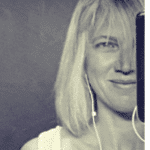



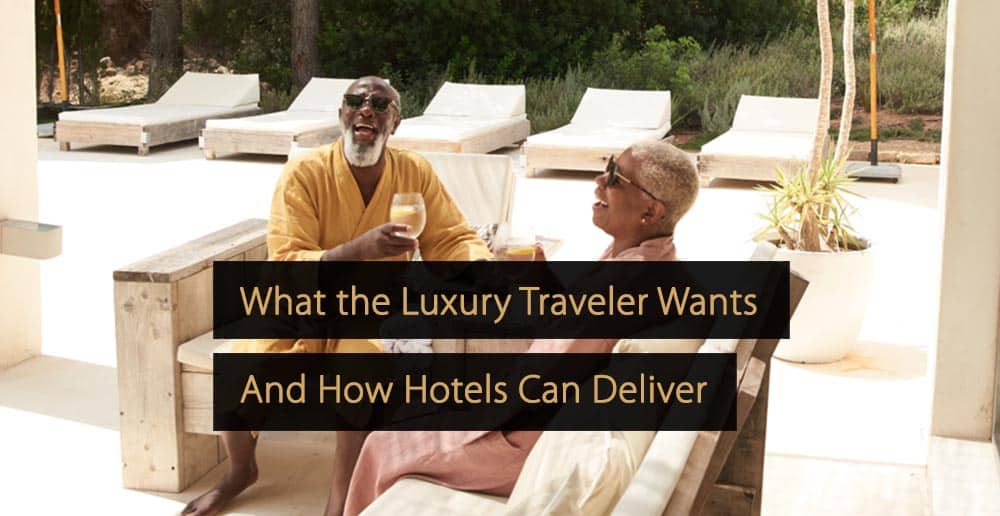
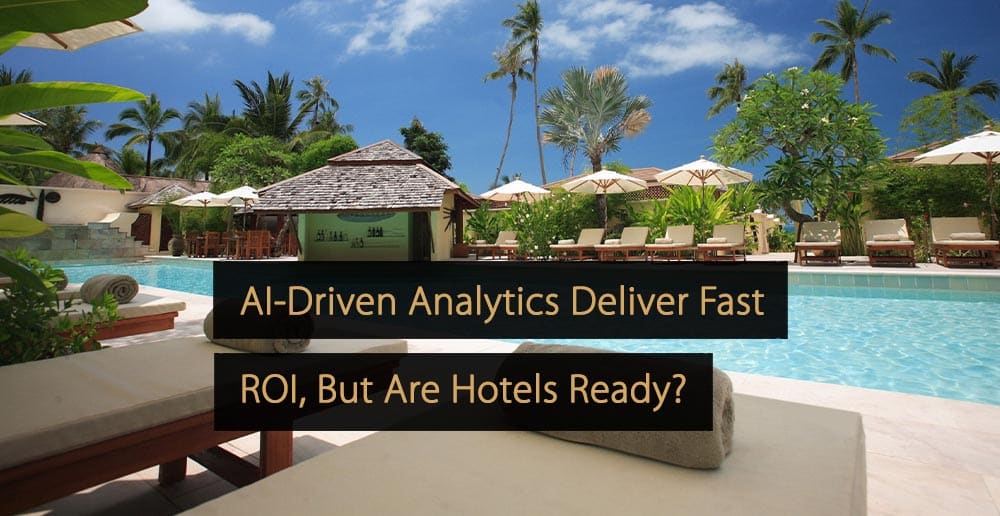

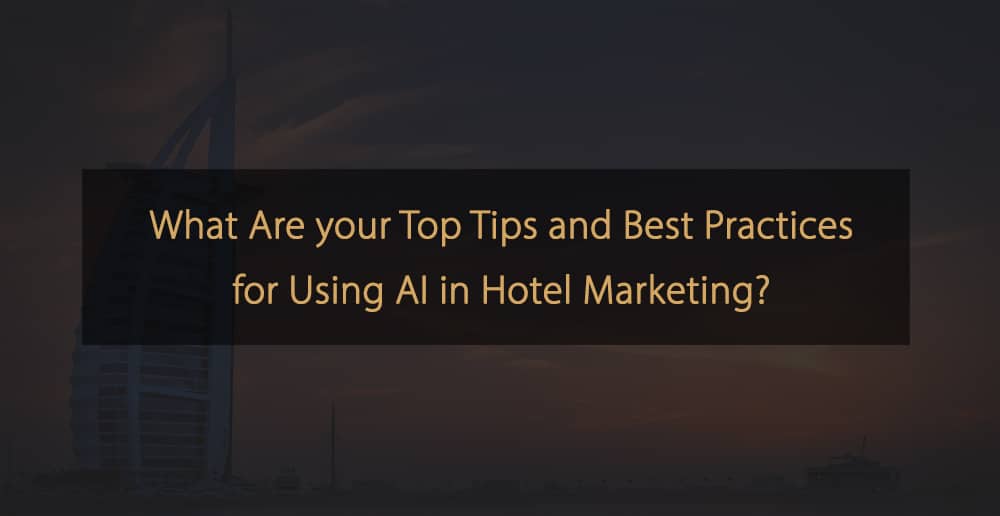
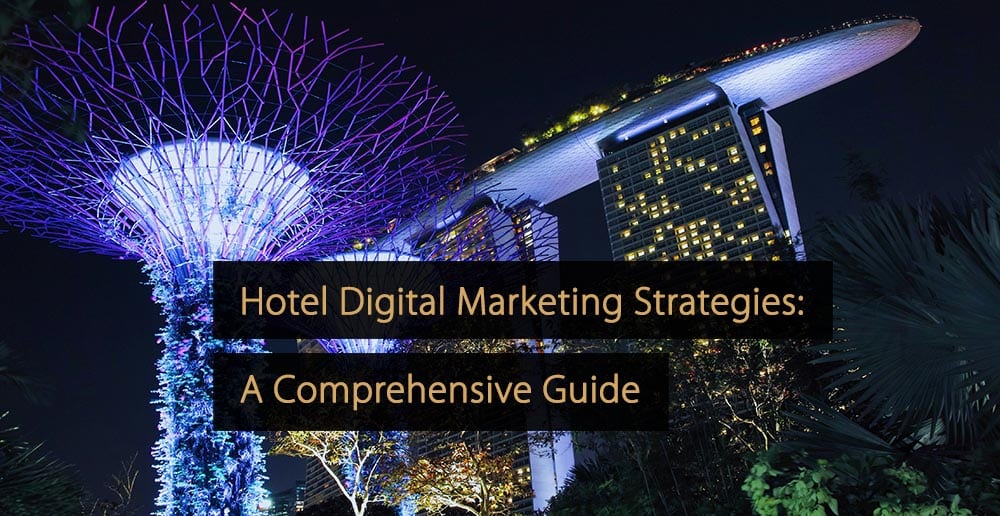
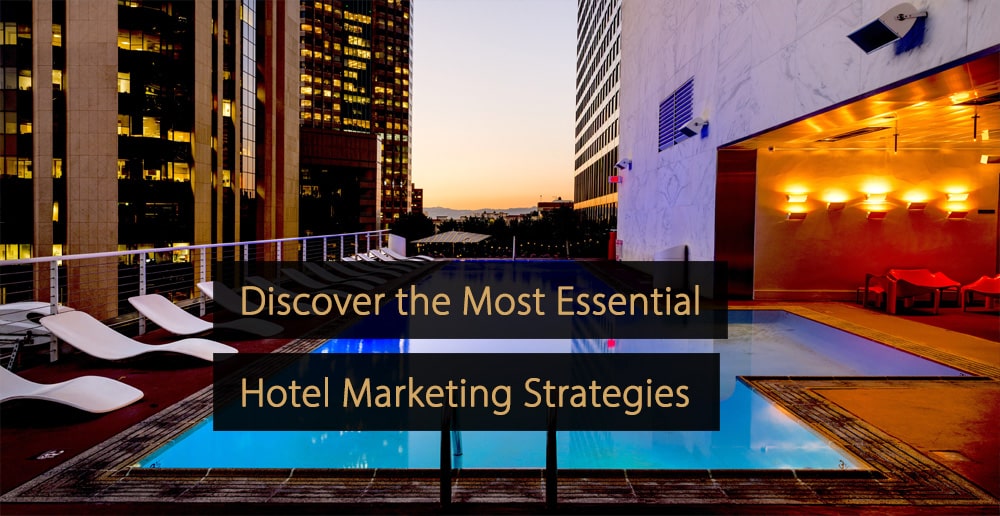
Leave A Comment